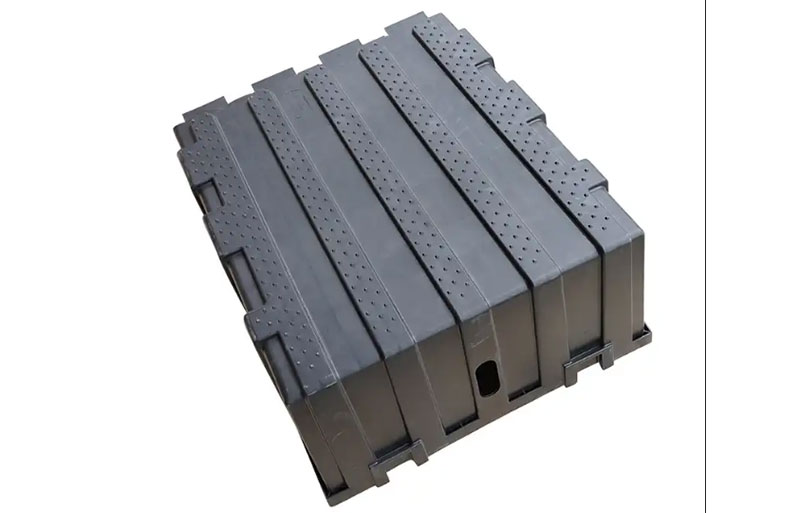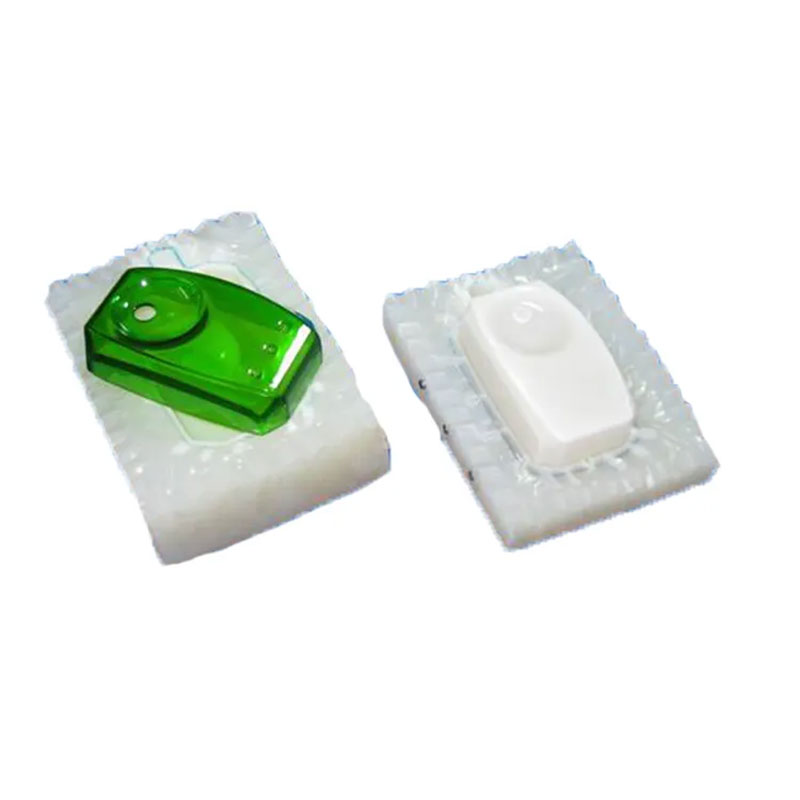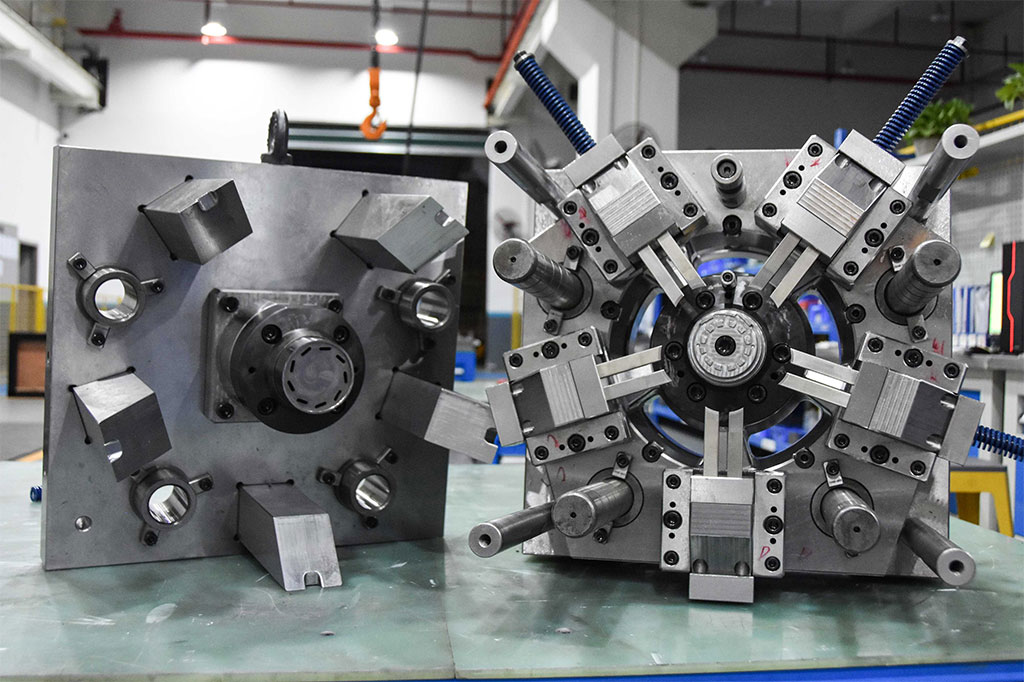Glass-filled nylon boasts a range of impressive material properties that make it the favored choice among engineering plastics in many industries. This section explains these properties in detail.

High Tensile Strength
Glass-reinforced nylon is a considerably strong plastic. Depending on its grades, PA+GF variants can have up to 200 MPa tensile strength. Furthermore, this translates to other strength measures as well, like high flexural strength and fatigue resistance.
Low Thermal Expansion
Thermal expansion of glass-filled nylon is significantly less than nylon, meaning that it resists thermal deformation errors like warping much better. Owing to this, PA+GF grades are suitable for high-temperature applications in the automotive industry and components with electric circuits.
Improved Thermal Stability
Thermal stability is another quality that glass-reinforced nylon exhibits. This means that it holds its material properties like strength and hardness throughout a large temperature differential.
Not only does this translate to a high degree of dimensional stability, but also keeps performance at different temperatures, making it a great plastic choice for different applications.
Low Creep Properties
Creep resistance is a critical property for load-bearing parts. Over time, mechanical load tends to induce permanent deformation in materials, further coupled with a loss of mechanical performance.
This is a common problem with some engineering plastics, which are softer and have low creep resistance in general. Glass-filled nylon stands out as one of the best plastic materials for creep performance, allowing its use in static load applications like enclosures and consumer products.
Good Material Damping
Damping is the property of a material to absorb shock loads and resist vibration. This is essential in vibration-sensitive applications like automotive components, home appliances, and circuit enclosures. The high material damping of PA+GF variants is one of its strong points.


